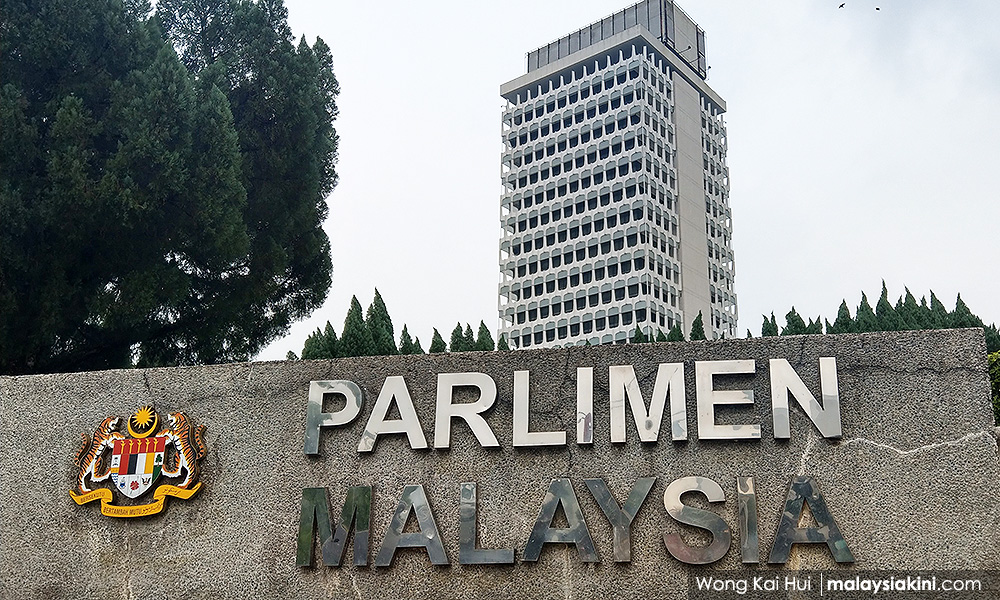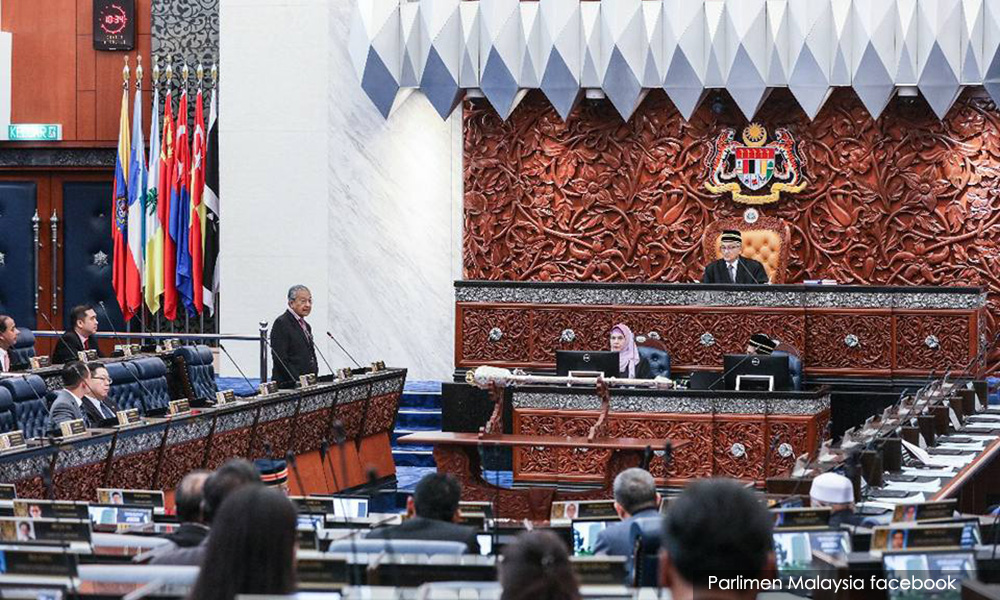MP SPEAKS | On July 16, 2018, along with my other colleagues, I was sworn in to serve Malaysia as a member of its Dewan Rakyat. It was, of course, a historic occasion with many ups, a few controversies and even some funny moments.
So, what’s it like to be an MP?
The immediate thing that strikes you is how impressive the chamber of the Lower House is.
I’ve been a Selangor state assemblyperson for 10 years now, and was also a deputy speaker of that legislature.
But I’m still often struck by how physically larger and majestic the Dewan Rakyat chamber is – not to mention how much more powerful Parliament is, how much wider its scope of work.
It’s also very different from the British House of Commons, the 'ancestor' of our Dewan Rakyat and indeed, all Westminster system legislatures. The former is quite cramped. British MPs often have to squeeze in together on the benches or even stand – especially during major or contentious debates.
By contrast, Malaysian MPs have the “luxury” of individual seats, desks, microphones and even laptops.
The Dewan Rakyat nevertheless has quite an intimate feel and even just under a month in, you can already get a sense of your fellow members. You can learn a lot seeing them in close quarters, even find out new things about political veterans or well-known figures.

Every MP is different: it’s obvious who prepares for the sessions and who doesn’t, who’s interested, who’s bored, who’s bipartisan, who takes things way too personally, who’s funny and who thinks they are funny but not.
But, of course, my colleagues and I are in the Dewan Rakyat to work and this parliamentary session has been a quite busy one.
The Pakatan Harapan government has an extensive legislative agenda, not least repealing the goods and services tax (GST) and introducing the sales and service tax (SST).
Will we be able to get everything done? Will the Dewan Negara be obstructionist?
Bipartisan oversight
I don’t think there has ever been such an exciting time to be in Parliament – besides the Merdeka era – than now and I am deeply grateful for the privilege as well as mindful of the responsibilities.
As I said during my maiden speech, I hope to pursue several initiatives, including tackling urban poverty, providing better environmental protection, reforming DBKL, repealing the repressive laws of the past government and championing the arts.

I also hope to be able to contribute towards the on-going movement to the reform the Parliament of Malaysia as a whole.
The arrogating of power to the executive in the past decades must be reversed. One way to do this, I believe, is to implement the pledge in Buku Harapan to set up Dewan Rakyat select committees to monitor the various ministries.
This will allow bipartisan oversight of the work of the executive, including giving MPs the power to call up the ministers to explain themselves. I think the current batch already has a lot of explaining to do for certain things.
This can only be a bad thing - if you believe transparency is a bad thing.
Moreover, the Parliamentary Services Act 1963 (which was repealed in 1992) should be reintroduced. Very broadly, it gives Parliament the power to run its own affairs, including to hire its own staff and as such, ensure its independence.
The Speaker of the Dewan Rakyat Mohamad Ariff Md Yusof has said that this will be done.
I do believe that if we can implement the various reforms, the Parliament of Malaysia will become a more efficient and a powerful guardian of the people’s interests.
We, the backbenchers will hold the government accountable – I hope the public will continue to do the same for us as well.
NIK NAZMI NIK AHMAD is the MP for Setiawangsa.
The views expressed here are those of the author/contributor and do not necessarily represent the views of Malaysiakini.

